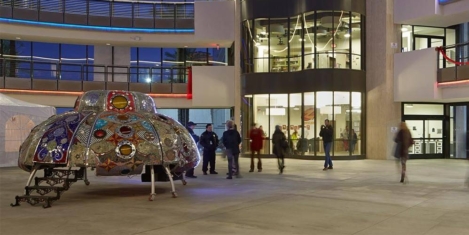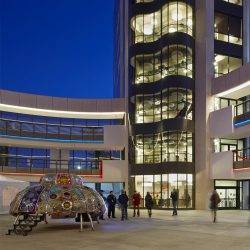February 27, 2019
Businesses leaving themselves vulnerable to a failing of business continuity
 By failing to properly explore what service provision is offered in the event of a serious incident such as flood or fire, businesses are leaving themselves vulnerable to a failing of business continuity, a new survey from Regus suggests. The survey found that 40 percent of businesses rely solely on what their workplace recovery provider tells them, or what is in their contract to protect them from a crisis. The lack of testing of recovery facilities by businesses also leaves them open to further disruption, with businesses at risk of finding that, in reality, the location they have been allocated is too small, with seats only available on a first-come-first-served basis, leaving business-critical staff unable to work.
By failing to properly explore what service provision is offered in the event of a serious incident such as flood or fire, businesses are leaving themselves vulnerable to a failing of business continuity, a new survey from Regus suggests. The survey found that 40 percent of businesses rely solely on what their workplace recovery provider tells them, or what is in their contract to protect them from a crisis. The lack of testing of recovery facilities by businesses also leaves them open to further disruption, with businesses at risk of finding that, in reality, the location they have been allocated is too small, with seats only available on a first-come-first-served basis, leaving business-critical staff unable to work.

































February 21, 2019
Why the gender pay gap is an enduring challenge for many organisations
by Heejung Chung • Comment, Workplace
(more…)